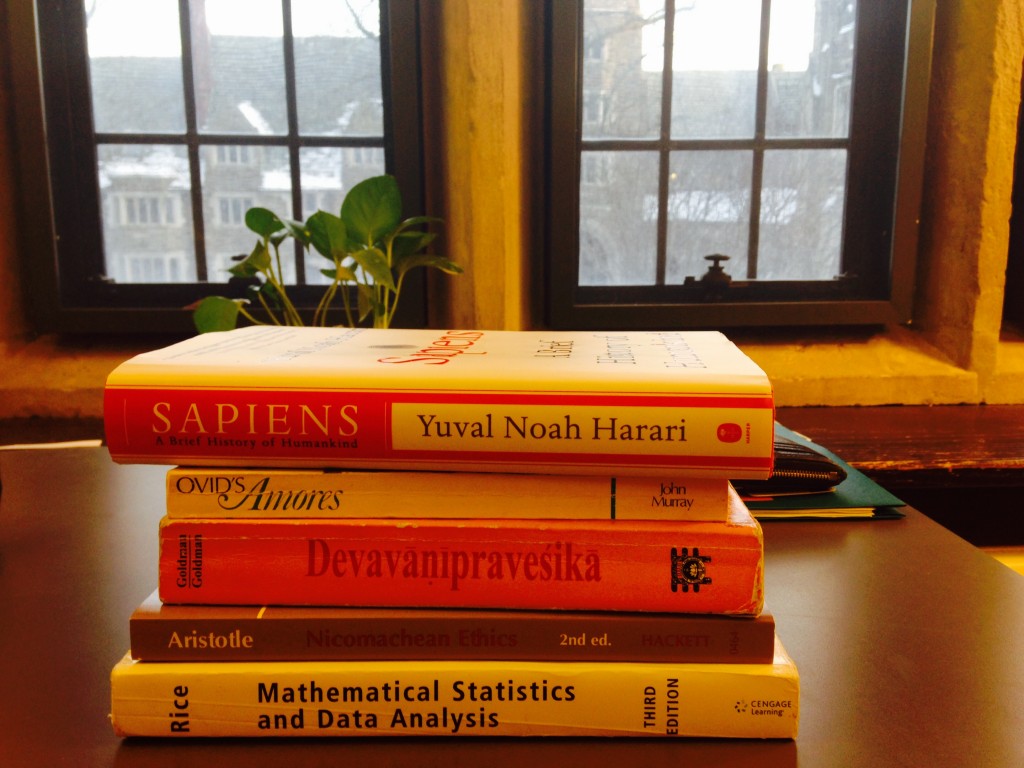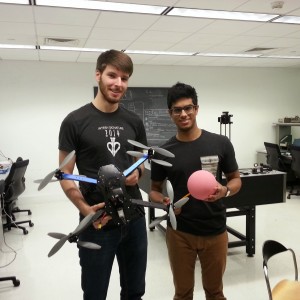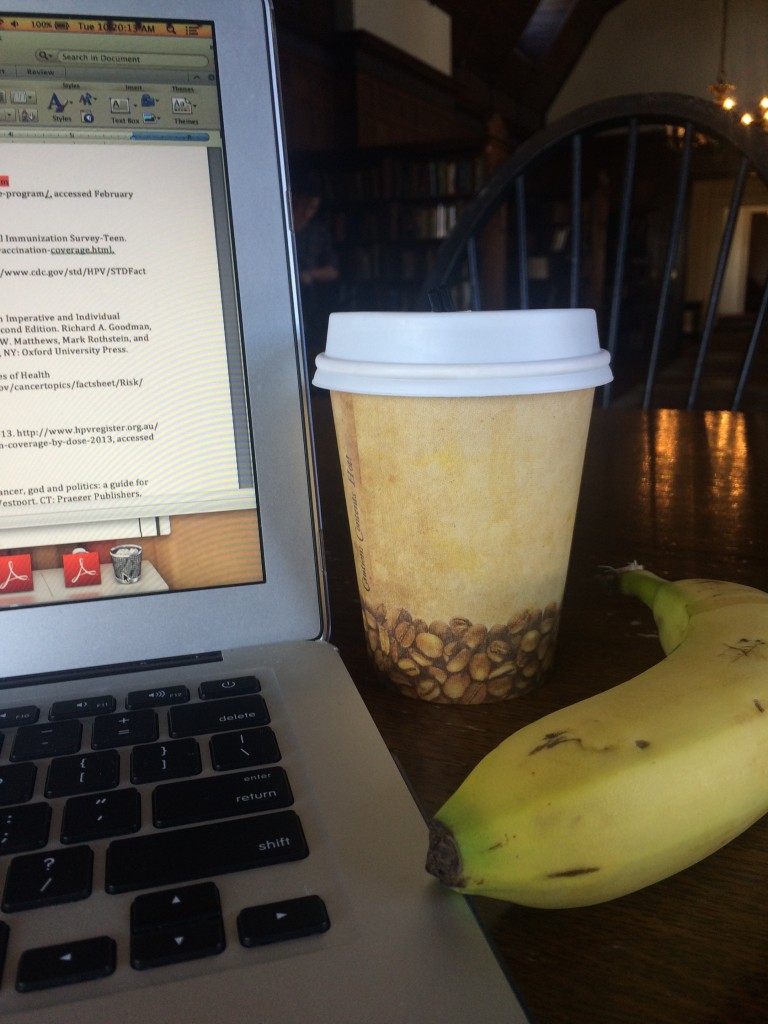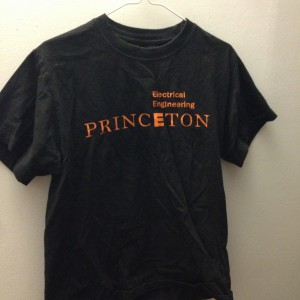
There are moments in life when we are faced with a major decision. Whom should I ask to be my thesis adviser? Which department should I concentrate in? Should I get queso or guac with my chips? In some of these cases, there is a clearly correct decision for everyone (guac), or a clearly correct decision for you (the Geosciences Department, in my case). But there are also a substantial number of cases in which there isn’t a clearly correct decision, and you are forced to weigh pros and cons for all options. I currently find myself in such a dilemma, trying to decide which graduate school I should attend.
It is of course encouraged that I seek out advice from third parties, and sometimes they say something along the lines of, “I see that you’ve got a tough decision, but you should try to pick what’s right for you.” But how do you know what’s right for YOU, especially since YOU haven’t actually experienced all the options yet? Continue reading An Affirmation of an Ambivalent Decision









